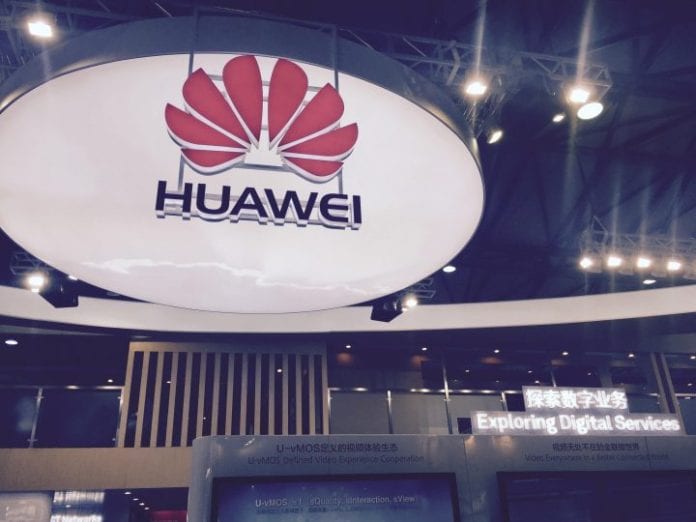Chinese vendor Huawei has already begun research on future “6G” technology, according to its chief executive Ren Zhengfei, CNBC reports.
Huawei’s founder told a CNBC-hosted panel on Thursday that the company began to carry out research activities on 6G “a long time ago,” and has parallel work being done on 5G and 6G — but that it’s in an “early phase”.
Ren also said that there’s still “a long way to go” before commercialization of 6G, which according to the executive is still “ten years out.”
Huawei has started research on future 6G mobile technology at its research facility in Ottawa, Canada, tech site The Logic recently reported.
Song Zhang, Huawei Canada’s vice-president of research strategy and partnerships, reportedly said that Huawei has begun talks with academics at some of Canada’s top research universities about the development of the technology.
Yang Chaobin, the president of Huawei’s 5G products, said that 6G would not be viable until 2030.
According to the Logic report, Huawei’s Ottawa facility is strategically important, as wireless technology researchers were hired away from Nortel in 2009 to begin research on 5G technology.
During Mobile World Congress Shanghai 2019, Huawei announced that it has already inked 50 5G commercial contracts and shipped more than 150,000 base stations globally. The firm also said it aims to ship to over 500,000 5G bases stations by end-2019.
ZTE’s Chief Scientist Xiang Jiying told reporters at this year’s MWC Barcelona that the Chinese vendor was already researching on future 6G technologies. “We have a research group focusing on that. This group is called advanced technologies, which would be those technologies beyond 5G,” the executive said.
“This group started to research on what technologies will appear after 5G, two or three years ago,” he added.
In the advanced technology research group, a total of 100-200 researchers are currently working to identify new technologies. However, this research group is expected to gradually expand in the medium term, the executive added.
Earlier this month, the University of Oulu, in Finland, published what is claimed to be the world’s first 6G whitepaper, outlining the key drivers, research requirements and challenges for this technology.
The report outlines a tentative roadmap towards ‘ubiquitous wireless intelligence’ for 2030. “The bottom line of 6G is data,” said Matti Latva-aho, director of 6G Flagship at the University of Oulu and co-editor of the whitepaper. “The way in which data is collected, processed, transmitted and consumed within the wireless network should drive 6G development.”
“Smart phones are likely to be replaced by pervasive XR experiences through lightweight glasses delivering unprecedented resolution, frame rates, and dynamic range. Telepresence will be made possible by high resolution imaging and sensing, wearable displays, mobile robots and drones, specialized processors, and next-generation wireless networks. Autonomous vehicles for ecologically sustainable transport and logistics are made possible by advances in wireless networks and in distributed artificial intelligence (AI) and sensing,” the whitepaper stated.
“6G needs a network with embedded trust. 6G network should provide proper mitigation and protection from attacks. 6G will create data markets where privacy protection together with clear rules for the market will be key enablers. 6G needs an upgraded networking paradigm moving from best effort to differentiated service quality.”
The whitepaper also postulates that 6G will become a framework of services, including communication services: “In 6G, all user-specific computation and intelligence may move to the edge cloud. Integration of sensing, imaging and highly accurate positioning capabilities with mobility opens a myriad of new applications in 6G. Trust and privacy are key prerequisites for a successful 6G service platform.”

